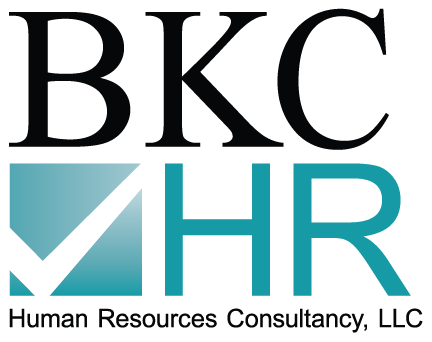2019 NJ HEALTH INSURANCE MANDATE
Starting in 2019, there is no longer a Form 1040 penalty for not having health insurance for every month of the year. However, starting in 2019, New Jersey is now requiring minimum health insurance coverage for NJ residents. Here are details for the new NJ Health Insurance Mandate: https://www.state.nj.us/treasury/njhealthinsurancemandate/employers.shtml. Read more helpful tax tidbits here. Read More…




